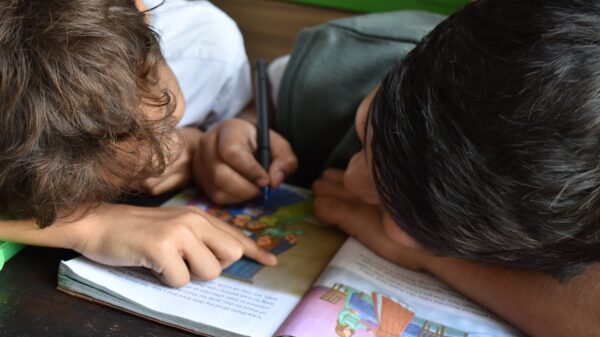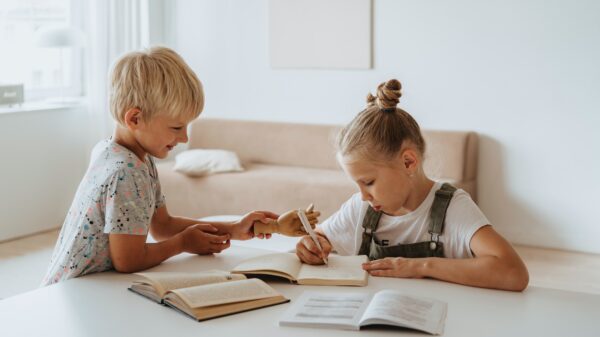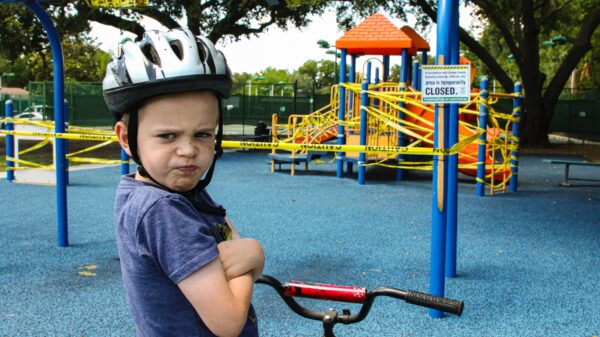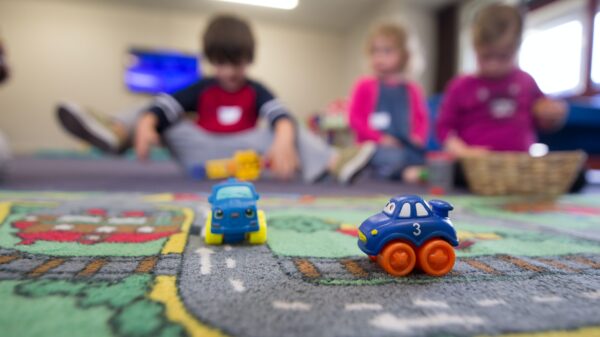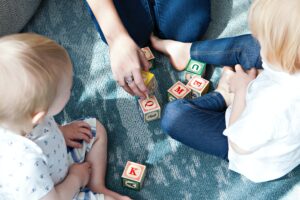
Are you tired of the traditional classroom setting where children are forced to sit still and listen to lectures? Have you ever wondered about the power of play in early childhood education? Well, wonder no more! In this blog post, we will explore how peers can help children learn through play-based activities. Get ready to discover the magic that happens when kids are allowed to be curious, creative, and have fun while learning. Let’s dive into the world of playful education and see why it’s so beneficial for young learners!
Introduction to Peers in Early Childhood Education
When children are first starting out in early childhood education, they are often shy and withdrawn. It can be difficult for them to make friends and feel comfortable in their new surroundings. However, one of the most important things that peers can do for children in early childhood education is help them learn how to socialize and interact with others.
Peers can help children learn how to share, take turns, and cooperate. They can also model appropriate behavior and show children how to resolve conflicts. In addition, peers can provide support and encouragement when children are struggling with something or feeling upset.
The power of play is that it allows children to practice these important social skills in a safe and fun environment. When children feel comfortable and confident with their peers, they are more likely to take risks and explore new things. So don’t underestimate the importance of peer relationships in early childhood education – they can make a big difference in a child’s ability to learn and grow.
Benefits of Peer Interaction for Early Childhood Education
When children are given the opportunity to play with their peers, they have the chance to explore new ideas and learn new skills. Through play, children can practice social skills such as sharing, turn-taking, and communication. They can also learn how to resolve conflict. In addition, peer interaction gives children a chance to develop their own identity separate from their parents or caregivers.
Peer interaction is an important part of early childhood education because it helps children learn how to interact with others. It also helps them develop social skills and learn how to resolve conflict. In addition, peer interaction gives children a chance to develop their own identity separate from their parents or caregivers.
Building Social Skills and Self-Confidence through Play for Early Childhood Education
As children engage in play with their peers, they are developing social skills and building self-confidence. Through play, children learn to communicate with others, share resources, and resolve conflicts. These skills are essential for academic success and social-emotional development.
Research has shown that children who have strong social skills and self-confidence are more likely to succeed in school and in life. Therefore, it is important to provide opportunities for children to develop these skills through play.
When children are playing together, adults can support their social and emotional development by providing encouragement and guidance. For example, adults can help children take turns, share resources, and resolve conflicts. By doing so, children will feel more confident in their abilities and be better prepared to succeed academically and socially.
Overview of Types of Play
There are three main types of play: exploratory play, constructive play, and social play.
Exploratory play is when children are trying to figure out how something works. For example, a child might put a toy car on a track and then experiment with different ways to make it move. This type of play helps children learn about cause and effect.
Constructive play is when children use their imaginations to build things or create situations. For example, a child might use blocks to build a house for their toys. This type of play helps children develop problem-solving skills.
Social play is when children interact with each other through play. For example, two children might pretend to be friends having a picnic together. This type of play helps children develop social skills such as communication and cooperation.

Strategies for Encouraging Positive Peer Interaction
When children are encouraged to interact positively with their peers, they learn important social and emotional skills that will help them throughout their lives. Here are some strategies for encouraging positive peer interaction in early childhood education:
1. Create opportunities for cooperative play. Cooperative play activities help children learn to work together towards a common goal. When children cooperate, they learn to communicate, share, and take turns.
2. Encourage communication and problem-solving skills. When children are encouraged to communicate with each other, they learn important social skills such as active listening and conflict resolution. Helping children solve problems together also fosters cooperation and teamwork.
3. Promote respect for others. When children feel respected by their peers, they are more likely to show respect in return. Helping children understand and appreciate differences among their classmates helps create a climate of respect in the classroom.
4. Model positive behavior yourself! As a teacher or caregiver, you can model positive social interactions for your students or child care clients. Show them how to greet others politely, share materials generously, and resolve conflicts peacefully.
Considerations for Working with Diverse Learners
When working with diverse learners, it is important to consider the following:
-Each child’s unique abilities, interests, and needs
-How to make the learning environment accessible and welcoming to all children
-The importance of family engagement
-How to support positive social and emotional development
Conclusion
The power of play should not be underestimated when it comes to early childhood education. By understanding the importance of peers in a child’s development, educators can create a learning environment that encourages collaboration and problem solving while also helping foster strong social skills. Through playful activities such as singing, dancing, and creative art projects children learn how to interact with one another in meaningful ways that will stay with them throughout their lives. Peers help shape who we are and how we grow into adults; through the power of play, teachers have the opportunity to make an impact on young minds for years to come.
